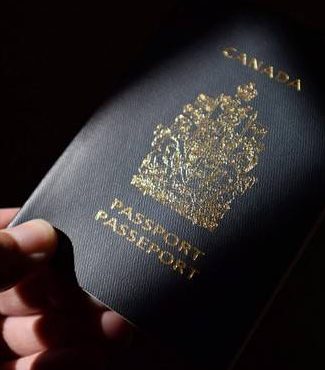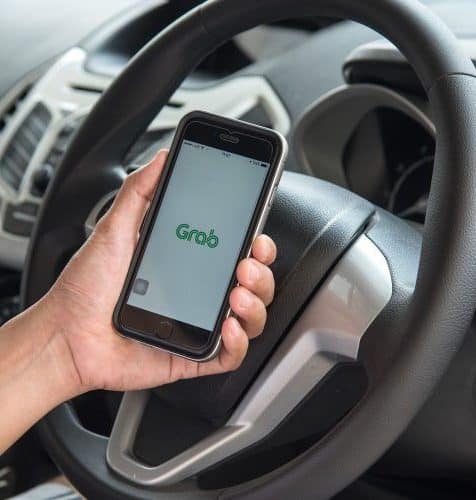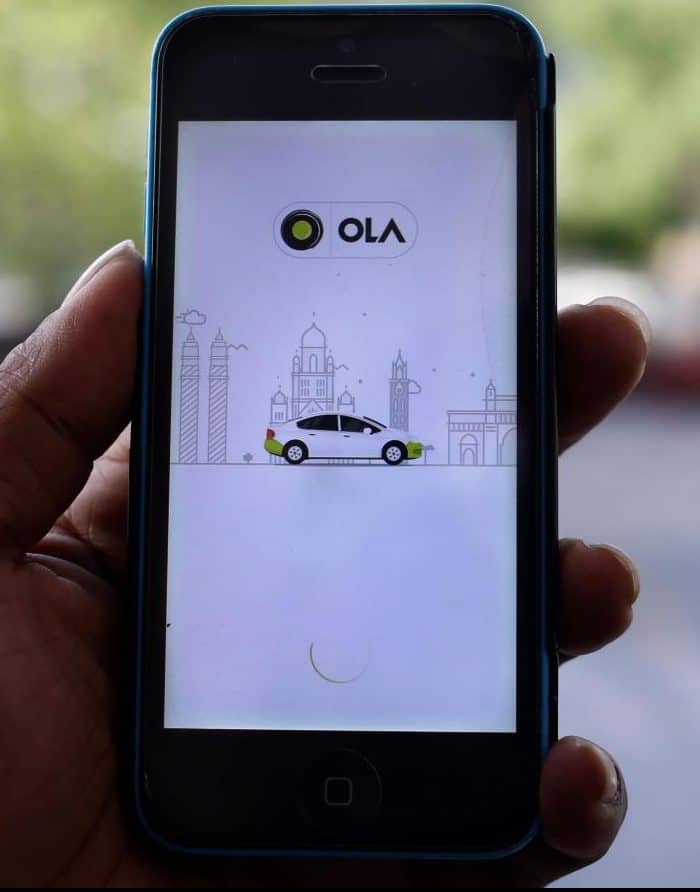Find out the week’s top mobile stories from around the world.
This week.. Number of mobile calls drops for first time in UK , Apple to stop money from affiliate app sales, Nokia to provide T-Mobile with 5G infrastructure, and will Canada become the next country to offer mobile passports? Plus more news from across the ecosystem.

Phone and internet use: Number of mobile calls drops for first time
BBC
The number of voice calls made on mobile phones in the UK fell for the first time ever in 2017 – despite the fact we seem hooked on our devices.
That is according to the latest report from telecoms regulator Ofcom, which charts what it describes as a decade of digital dependence.
A total of 78% of all adults now own a smartphone.
On average, people check them once every 12 minutes during their waking hours, the study claims.
Two in five adults look at their phone within five minutes of waking, while a third check their phones just before falling asleep, according to the report.
Read more…
Apple to stop people earning money from affiliate app sales
Engadget
Starting on October 1st, apps won’t be part of Apple’s affiliate program anymore. Cupertino has announced that partners will no longer be getting commissions for iOS and Mac apps as well as in-app content after the next couple of months.
The tech giant cited the launch of the new App Store and the fact that it was designed to be much better for app discovery as the reason behind its decision.
Partners can only continue earning affiliate money if they recommend the other types of content Apple sells: music, movies, books and TV.
Last year, Apple slashed referral commission rates from 7 percent to 2.5 percent.
Read more…
Nokia to provide T-Mobile with 5G infrastructure
IT Pro
Nokia is set to lay the foundations for T-Mobile to build a 5G network after the two companies agreed a $3.5 billion deal.
The multi-year agreement will see Nokia provide end-to-end 5G technology, software and services, assisting the mobile operator in its efforts to bring a 5G network to market for customers.
Nokia will also help to build T-Mobile’s 5G network across the US, with 600MHz and 28GHz millimetre wave 5G capabilities compliant with 3GPP 5G new radio standards.
“We are all in on 5G,” said Neville Ray, chief technology officer at T-Mobile. “Every dollar we spend is a 5G dollar and our agreement with Nokia underscores the kind of investment we’re making to bring customers a mobile, nationwide 5G network.”
Read more…
Will Canada become the next country to offer mobile passports? Feds studying idea despite privacy fears
Global News Canada
If you have a Canadian passport, you know the deal.
Every five to 10 years, you go through the process of filling out forms, gathering photos and references and mailing it all in to Passport Canada, all in the name of renewing the little blue booklet that lets Canadians travel abroad. Once at the airport, you take it out for check-in, during security screenings, to show the gate agent and sometimes even one last time before boarding the plane from the gangway.
But if you could do it all from your phone, would you?
Read more…
How 5G Mobile Data Will propel Artificial Intelligence (AI) progress
Packt Hub
Like it’s predecessors, 3G and 4G, 5G refers to the latest ‘G’ – Generation – of mobile technology. 5G will give us very fast – effectively infinitely fast – mobile data download bandwidth.
Downloading a TV show to your phone over 5G, in its entirety, in HD, will take less than a second, for example. A podcast will be downloaded within a fraction of a second of you requesting it.
Scratch the surface of 5G, however, and there is a great deal more to see than just fast mobile data speeds. 5G is the backbone on which a lot of emerging technologies such asAI, blockchains, IoT among others will reach mainstream adoption. Today, we look at how 5G will accelerate AI growth and adoption.
Read more…
Lower-income Brazilians rely on mobiles to get Internet access
ZDnet
Mobile is the main Internet access channel in Brazil – but full connectivity is still something only the wealthy can afford, according to a study on connectivity trends for individuals in the country.
According to the study TIC Domicílios 2017, carried out by the Brazilian Internet Steering Committee, 49 percent of households in Brazil solely relied on a mobile phone to get access to the Internet. Of the households surveyed, 19 percent did not own a PC.
The prevalence of mobile connections is more noticeable in lower income classes, according to the research.
Read more…
Grab confirms $2b funding as race to become Southeast Asia’s top everyday app intensifies
Tech In Asia
Grab has announced that it raised a total of US$2 billion from its latest funding round, confirming months of speculation that it had a mega-fundraising effort in the works.
Japanese automaker Toyota led the round, its US$1 billion contribution as part of a wider strategic investment having been announced back in June.
Other investors joining the latest round included Ping An Capital, OppenheimerFunds, Mirae Asset-Naver Asia Growth Fund, Cinda Sino-Rock Investment Management, All-Stars Investment, Vulcan Capital, Lightspeed Venture Partners, and Macquarie Capital.
Read more…
Sub-Saharan Africa’s glaring mobile connectivity gender gap
IT Web Africa
Women in Sub-Saharan Africa are 14% less likely to own a mobile handset, 20% less likely to use mobile money and 34% less likely to use the internet.
This is according to the GSMA’s Mobile Gender Gap in 2018 research which found that Sub-Saharan Africa’s average gender gap in terms of mobile ownership and mobile internet use is second only to South Asia.
Yasmina McCarty, Head of Mobile for Development at the GSMA says, “What this means is that we have less digital empowerment in society and that is not good for anyone. It also means that operators are leaving money on the table…
Read more…
Why Ola drivers and customers hate its mobile wallet
Quartz India
Manoj is an Ola driver in Lucknow. Ola owns the car he drives, and Manoj must pay the company about Rs800 ($11.66) every day for three years, after which the vehicle’s ownership will be transferred to him.
Meanwhile, a clutch of rules—some of which he doesn’t even recall breaking—have left him with a negative Ola Money balance and a sworn distaste for the wallet. For instance, in March, he drove his family to a temple outside Lucknow. Since the vehicle crossed the city limits, Ola fined Manoj about Rs500. He says he did not find out about the fine until three days later when he checked his Ola Money balance to find it was negative.
Since then, no customer who opts to pay with Ola Money has seen the inside of his car. That drivers hate Ola’s mobile wallet is well known to the app’s regular users.
Read more…
SMS and voicemail staging a comeback
Tech Central
SMS and voicemail are old and busted technologies that should be, and have been, replaced by newer alternatives.
We are led to believe, for example, that SMS has been largely left behind by enterprise and business in favour of team collaboration tools such as Slack. And while it is true that the number of SMS messages peaked in 2011, when 2.3 trillion messages were sent in the United States, SMS activity today still dwarfs everything else.
This misconception about team collaboration tools is laid bare by the numbers. Everyone with a mobile phone, of course, has access to SMS. Meanwhile, team collaboration tools are stuck in the doldrums.
Mind-share leader Slack has only 3 million active paid users. Some 6 billion people have access to SMS. That means 99.5% of the people who have SMS are not paid users of Slack.














